Aga Khan Ensemble to perform Navruz concerts at Portuguese Parliament, Serralves Foundation, Gulbenkian Museum and Lisbon Ismaili Centre
Leading artists on the roster of the Aga Khan Music Initiative will come together to perform a programme devoted to celebration of richness and cultural diversity, honouring Navruz, the Welcoming of the Spring. The Aga Khan Ensemble will be performing a unique repertoire to audiences at:
The Serralves Foundation 20 March, 18:50
The Parliament of Portugal 21 March, 17:50
Calouste Gulbenkian Museum 22 March, 13:00
The Ismaili Centre Lisbon 23 March, 21:45
Lisbon City Hall 24 March, 18:00
This series of performances will present a newly-created repertoire and also include education sessions and master classes by the artists of the Ensemble. The Aga Khan Ensemble is a collective of master musicians who create new music inspired by their own deep roots in the cultural heritage of the Middle East and Mediterranean Basin, South Asia, Central Asia, West Africa, and China. These master musicians are the Aga Khan Music Initiative’s leading artistic collaborators—venerated performers and composer-arrangers who appear on the world’s most prestigious stages while also serving as teachers, mentors and curators who enrich the Music Initiative’s interregional network of education programmes. Linking countries and continents, and present and past through explorations of diverse forms of classical, folk, jazz, and contemporary concert music, the ensemble contributes strongly to the Music Initiative’s mission to invigorate cultural and intellectual pluralism in the nations it serves. In forging this contribution, the Aga Khan Ensemble brings to life a new body of artistic work that is at once seamless, surprising, and exuberantly original.
“It is a great pleasure and privilege to present the Aga Khan Ensemble to audiences in Portugal,” said Fairouz Nishanova, director of the Aga Khan Music Initiative. “It is especially meaningful to do so as part of the Portuguese Parliament’s celebration of Navruz, the traditional Persian New Year celebration, which symbolises Portugal’s steadfast commitment to cultural pluralism.”
“Performing in the AKMI Ensemble has been a life-changing experience,” said Sirojiddin Juraev, a master musician from Tajikistan and long-time collaborator with the Aga Khan Music Initiative. “By working with musicians from historically-related traditions along the Silk Route, I’ve come to a deeper understanding of my own cultural heritage and its place in the contemporary world.”
The line-up of the Aga Khan Ensemble for the concert series in Portugal includes:
akmi-homayoun_sakhi-1.jpg
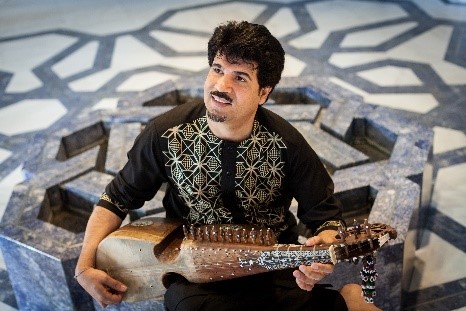
akmi-sirojiddin_juraev-2.jpg
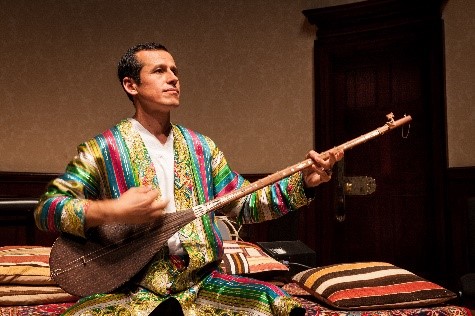
akmi-basel_rajoub-3.jpg
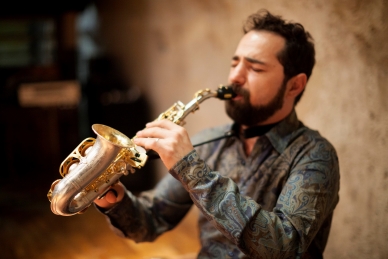
akmi-salar_nader-4.jpg
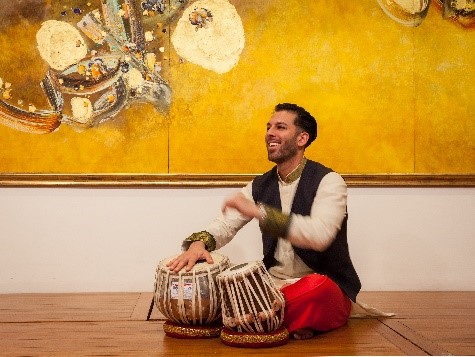
akmi-andrea_piccioni-4.jpg
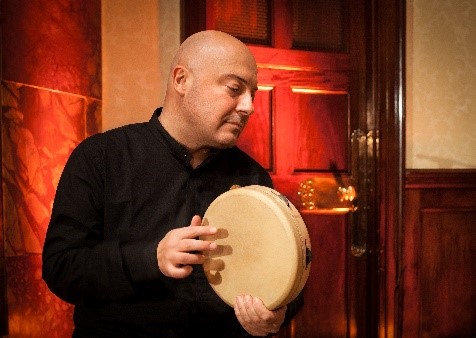
akmi-feras_charestan-5_r.jpg
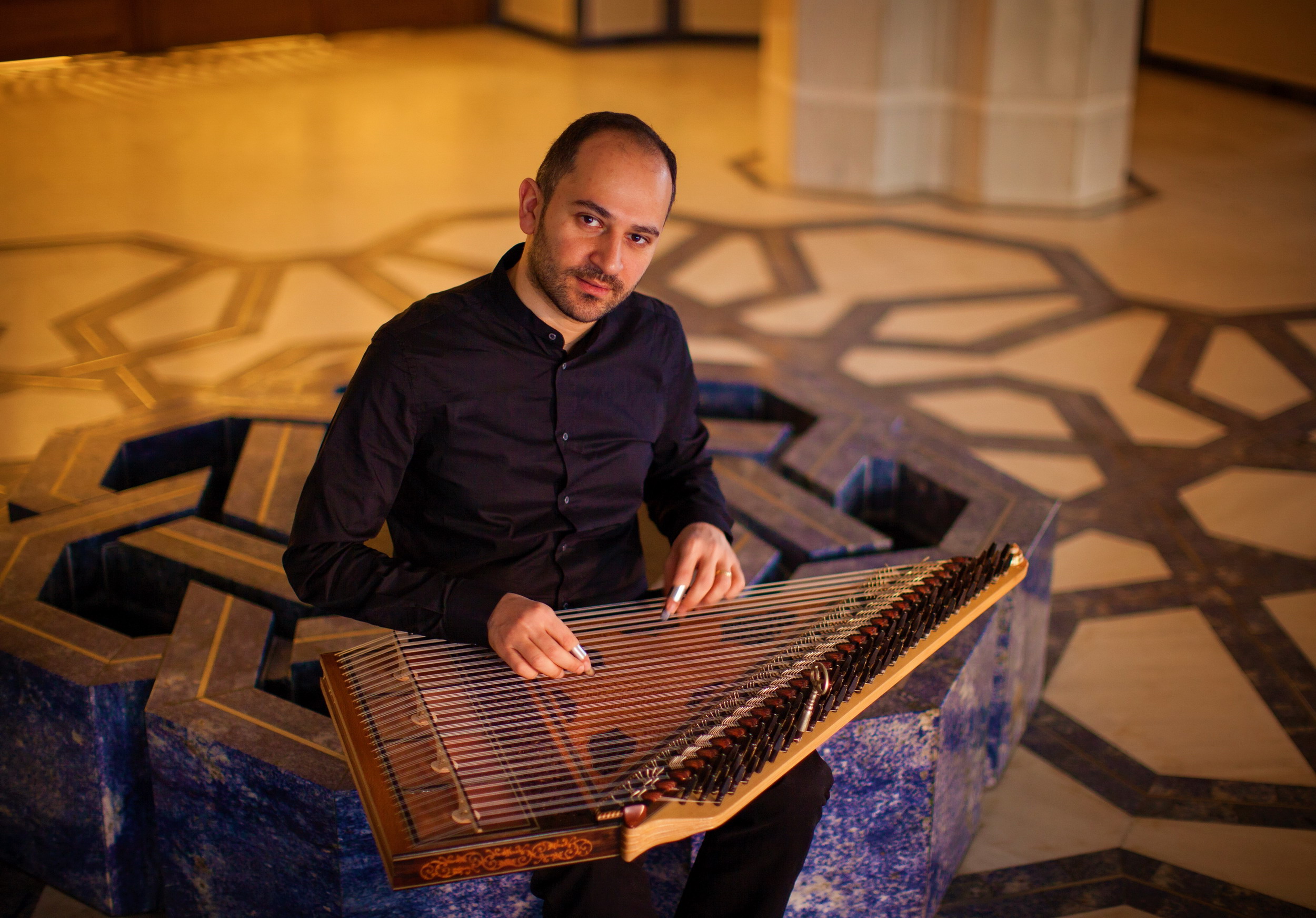
AKDN Portugal and AKMI debuted a collaboration in 2012 with a series of curated concerts at the Evora Festival of Sacred Music and continued in 2013, the first such major celebration of Nowruz at the Parliament of Portugal, and for musical performances at the Monastery of Jerónimos and at the São Jorge Castle, which was part of the Aga Khan Award for Architecture’s programme . In 2015, AKDN Portugal and AKMI partnered to present concerts and master-classes by the Alim Qasimov Ensemble, a leading artistic collective on AKMI’s roster. The Ensemble’s music performances and education sessions, presented at the Lisbon Museum of Electricity, the Ismaili Centre Lisbon, and other venues, featured the mugham, the transnational tradition of urban classical or court music that flourished in the great cultural centres of North Africa, the Middle East, West Asia, and Central Asia beginning more than a millennium ago.
For more information about the Aga Khan Music Initiative, please contact: akmi@akdn.org or info@akdn.org
or
Nathalie de Groot
Aga Khan Music Initiative
1-3 Avenue de la Paix
1202 Geneva
Switzerland
akdn.org/what-we-do/music
NOTES
The Aga Khan Music Initiative (AKMI) is an interregional music and arts education programme launched by His Highness the Aga Khan to support talented musicians and music educators working to preserve, transmit, and further develop their musical heritage in contemporary forms. The Music Initiative is a programme of the Aga Khan Trust for Culture, which serves as the cultural development agency of the Aga Khan Development Network. The Music Initiative began its work in Central Asia, with projects in Kazakhstan, Kyrgyzstan, Tajikistan and Afghanistan, and subsequently expanded to include artists and audiences in the Middle East and North Africa, South Asia, and West Africa.
The Music Initiative works with a global partnership network of arts presenters, cultural organisations, and academic institutions to curate concerts, festivals, artist-in-residence programmes, and workshops featuring musicians in the Music Initiative’s artist roster and new work developed by them. These performance events present artists who have distinguished themselves as musical innovators, whether working within the framework of traditional repertoires and styles, contemporized expressions of traditional material, or intercultural collaboration. Education is at the centre of the Music Initiative’s activities, and education projects have ranged from operating talent-support centres and organising intercultural creative laboratories to developing new teaching and learning methodologies and materials.




